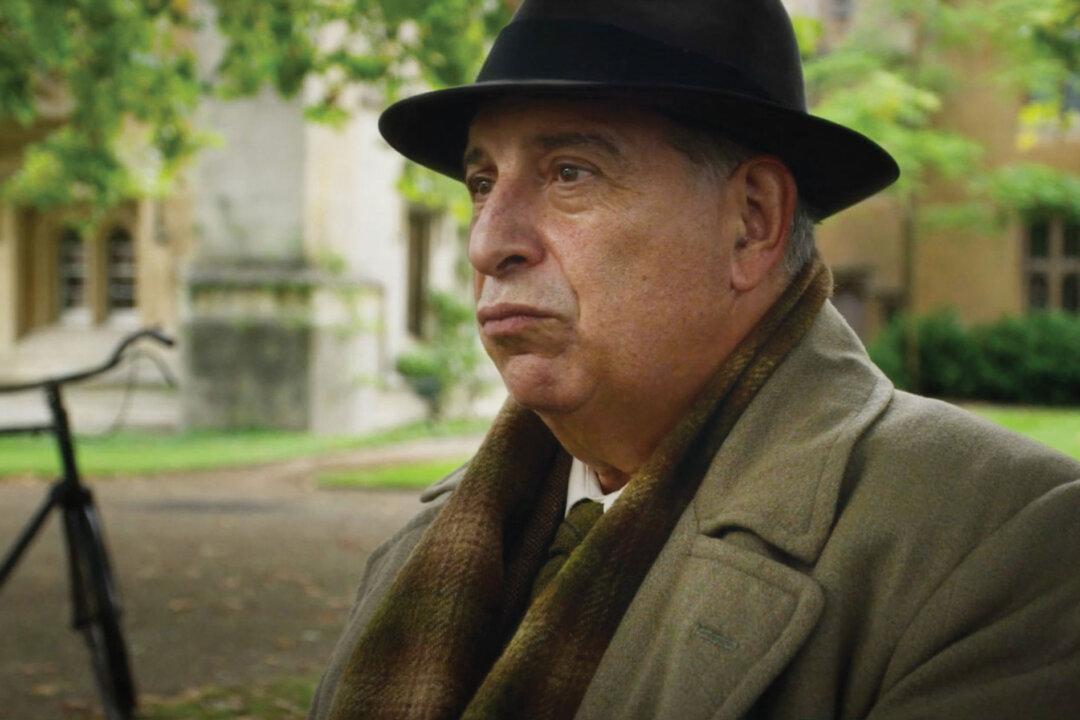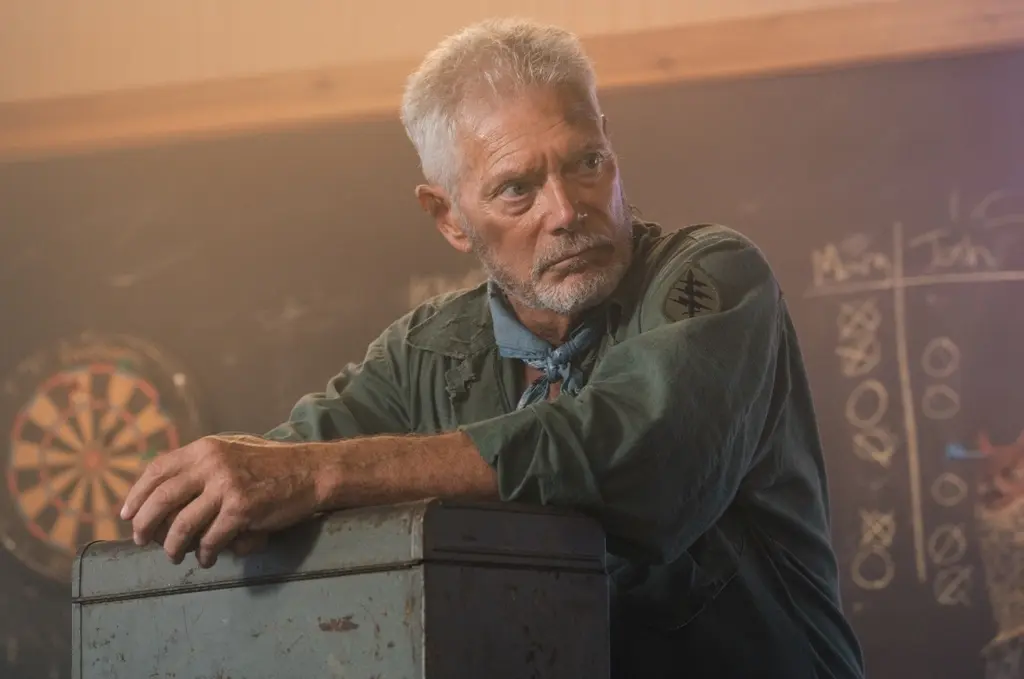NR | 1h 13min | Drama | Nov. 3, 2021 (UK)
In adapting Max McLean’s stage play “C.S. Lewis Onstage: The Most Reluctant Convert,” director Norman Stone resisted the temptation to add any filler and as a result, the running time is a scant 73 minutes, which might leave some viewers feeling a tad cheated.






